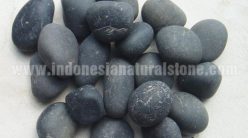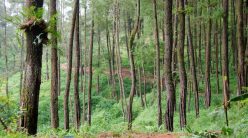.ncbi.nlm.nih.gov
Guo CT, Takahashi T, Bukawa W, Takahashi N, Yagi H, Kato K, Hidari KI, Miyamoto D, Suzuki T, Suzuki Y.
Department of Biochemistry, University of Shizuoka, School of Pharmaceutical Sciences and COE Program in the 21st century, Suruga-ku, Shizuoka 422-8526, Japan; Institute of Bioengineering, Zhejiang Academy of Medical Sciences, 182 Tianmushan Road, Hangzhou 310013, PR China; CREST, Japan Science and Technology Agency, Saitama 332-0012, Japan.
Edible bird’s nest (EBN) is the nest of the swift that is made from its saliva. Although EBN has been widely used for enhancing immunocompetence, its antiviral efficacy has not been studied in detail. We found that EBN extract could strongly inhibit infection with influenza viruses in a host range-independent manner when it was hydrolyzed with Pancreatin F. Western blotting assay showed that the EBN extract bound to influenza virus. Furthermore, EBN extract could neutralize the infection of MDCK cells with influenza viruses and inhibit hemagglutination of influenza viruses to erythrocytes, but it could not inhibit the activity of influenza virus sialidase. Fluorometric HPLC indicated that the major molecular species of sialic acid in EBN is N-acetylneuraminic acid. The results suggest that EBN is a safe and valid natural source for the prevention of influenza viruses.





